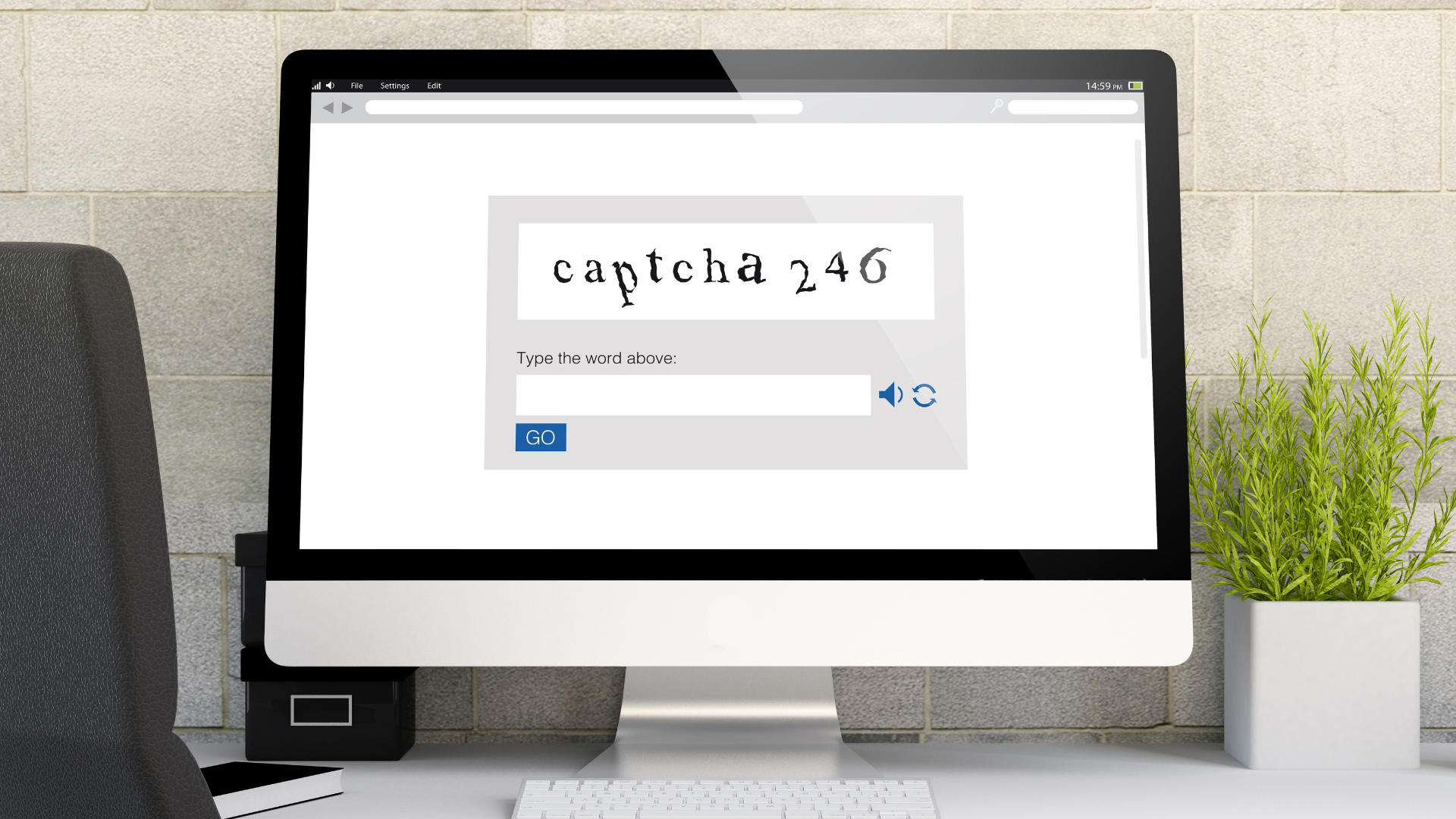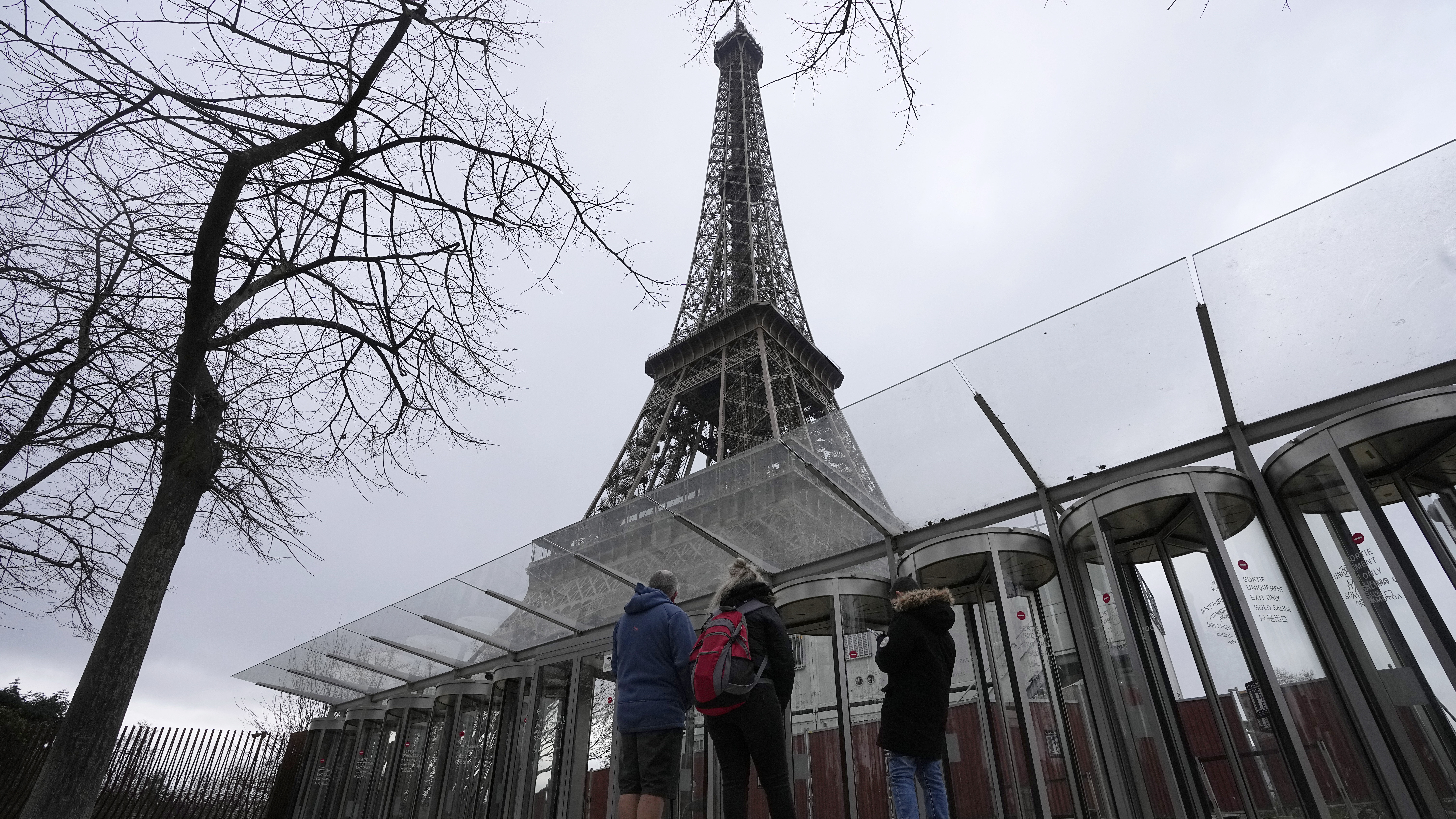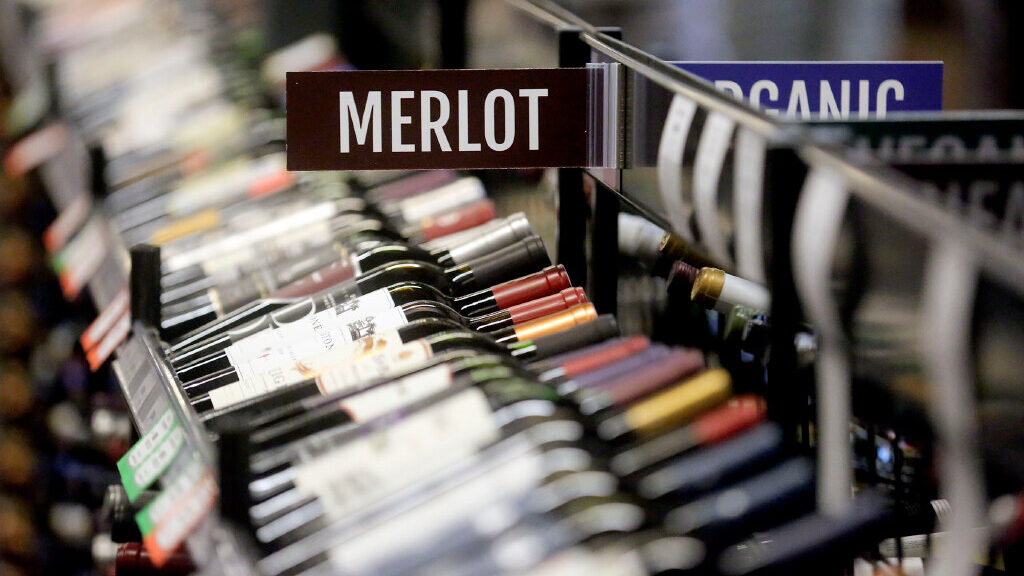Dujanovic: If you live in this city, don’t let kids run through sprinklers
Aug 24, 2023, 6:00 AM | Updated: Aug 29, 2023, 2:12 pm
This is an editorial piece. An editorial, like a news article, is based on fact but also shares opinions. The opinions expressed here are solely those of the author and are not associated with our newsroom.
LEHI, Utah — I didn’t understand the dangers of E. coli until I saw and read about what’s happening in Lehi.
Lehi is one of the fastest-growing cities in Utah. Hugging the northern edge of Utah County, and home to the state’s tech hub, it boasts nearly 80,000 residents with 85% of the households made up of families.
When I drive through it I can’t help but notice the newness of the city. New homes, new corporate offices, new restaurants.
With new growth has come an unwelcome problem. The city finds itself with a public health scare on its hands that’s rooted in its irrigation system.
In the last few weeks, I’ve been watching news releases and news reporting about the city’s E. coli outbreak that’s making people sick. At last count, a dozen cases have been documented.
It broke my heart to watch the story reported by my colleague, Ladd Egan at KSL 5 TV.
Little Avery was running through the sprinklers, while E. coli was spilling out on her. It made her so ill, the 3-year-old girl wound up in the hospital for nearly two weeks and her grandmother says doctors aren’t sure if Avery’s kidney function will ever return to normal.
Here’s some important information I’ve learned about the dangers of E. coli.
Put simply, it’s evil.
Its impact on humans can go beyond diarrhea, cramping, nausea and vomiting. Like in the case of the 3-year-old who spent almost two weeks in a hospital, it can ravage kidneys, especially of the young, old, and immune-compromised, according to the CDC.
Lawn sprinklers spreading E. coli to humans in Lehi
On its website and in a news release, the city says it’s traced the outbreak to its pressurized irrigation system.
To be perfectly clear, this is NOT the system residents use inside their homes to get drinking water from the tap. It’s a separate system residents use to water their lawns. The city says sampling shows that E. coli O 1 5 7 was found in the sediment of the reservoir that was tested and at “five exposure sites”.
The city is working to resolve the problem, but until it does residents need to take precautions.
City urges extreme precautions
If my kids were still young, I would heed every single one of the city’s warnings.
First, don’t let your kids run through sprinklers.
That’s one of a long list of action steps the city is telling residents to take.
No matter how hot August gets, don’t let your kids cool off by showering in sprinkler water. Because kids tend to get water in their mouths when playing in it.
And that’s not all.
In concert with the Centers for Disease Control, the city urges parents to not let kids play on slippery lawn slides that are hooked to outdoor hoses; don’t fill up play pools with irrigation water; if a child plays on a lawn don’t let them put their hands in their mouths.
Gardens are at risk too
August is the start of harvest season for home gardeners in Utah. But in Lehi, the city is warning residents not to eat raw fruits and vegetables that have been watered with the city’s irrigation system.
No amount of washing and rinsing is guaranteed to get rid of the bacteria.
“Residents are strongly advised to exercise caution when consuming uncooked produce from personal gardens,” the city advised.
Home gardeners are told to glove up when working in their yards to avoid coming in contact with irrigation water and to wash their hands thoroughly after working in their yards.
Now, I don’t have much of a green thumb, but as a mom of three, my small bounty of zucchini, tomatoes and raspberries would not have made it into my kitchen under these circumstances.
Debbie Dujanovic is the co-host of Dave & Dujanovic.













